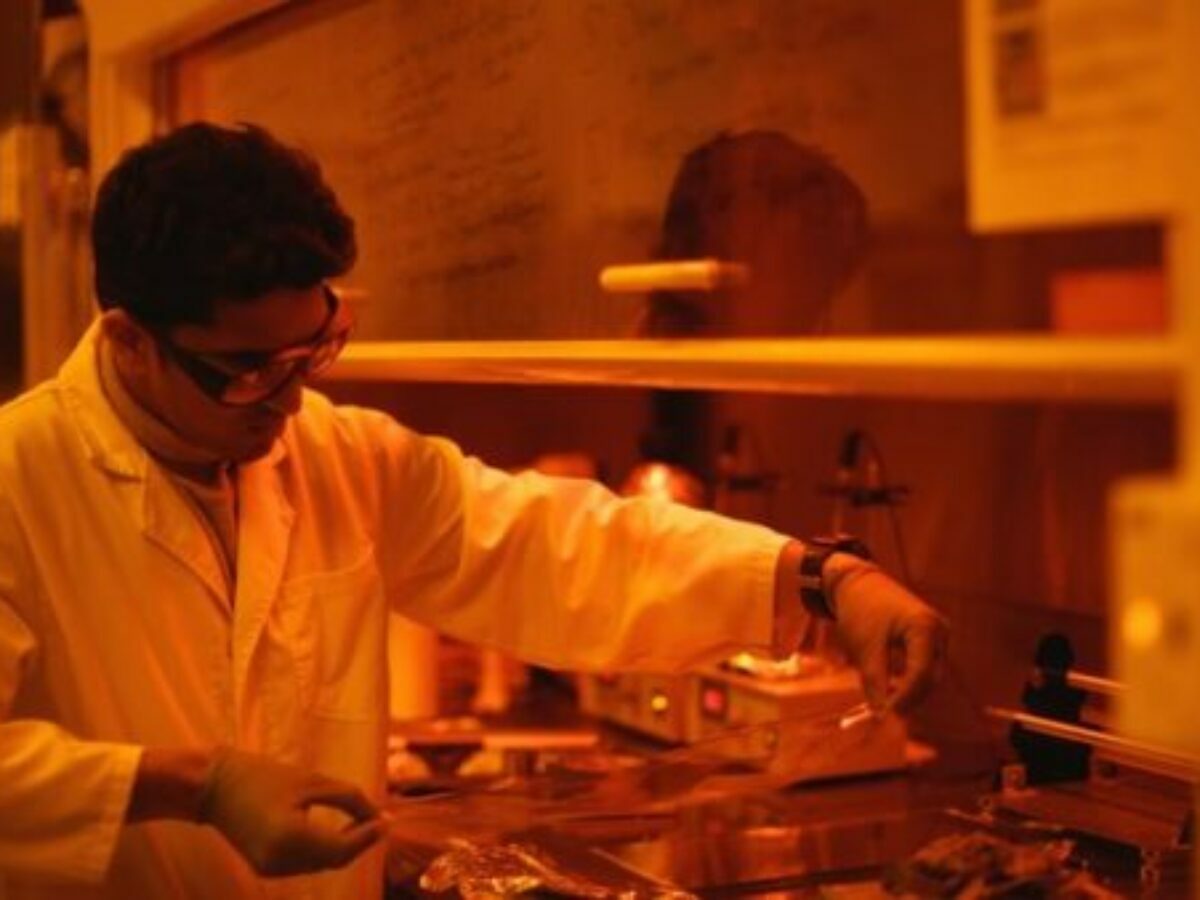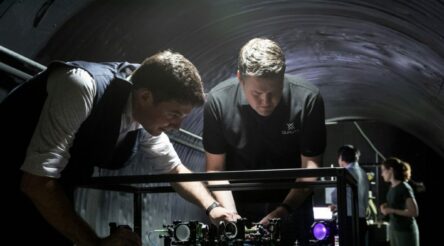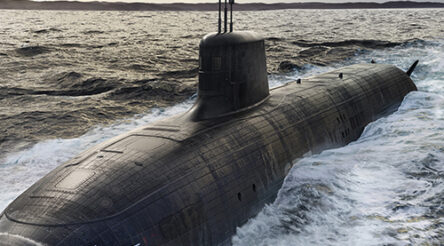MicroTau selected for US Air Force trials of its fuel-saving sharkskin

Sydney-based aerospace company MicroTau, which has designed specialised polymer riblet films for aircraft to increase fuel efficiency, has been selected by the United States’ Department of Defense (DoD) for flight testing of its product.
According to a statement from the Australian company on Friday, it was selected in response to the Defense Innovation Unit’s (DIU) solicitation for drag reduction solutions for legacy aircraft.
Their sharkskin-inspired riblet films will be tested on the wings and fuselage of a Lockheed Martin C-130J Super Hercules aircraft operated by the Air Force Special Operations Command (AFSOC), which will be the first flight tests of such a product on US Air Force aircraft. The flight tests are expected to go ahead at an unspecified date this year.
The solicitation also identified two other target fleets for future application: the Boeing C-17 Globemaster III and the Boeing KC-135 Stratotanker.
If successful, MicroTau estimates a potential rollout worth $US 540 million across the USAF’s C-130, C-17, and KC-135 fleet.
The project is led by the Air Force Operational Energy Office, in partnership with the DIU, the Air Force Research Laboratory (AFRL), and AFSOC, with involvement from Lockheed as a key subcontractor to support flight testing and performance evaluation.
MicroTau founder and CEO Henry Bilinsky said “We hope to be a piece of the puzzle in driving down emissions that can be implemented immediately, not in 20 years.
“With this project we are looking at more than tripling the performance of what has been achieved at this scale. This is also the first demonstration with the US Air Force, which operates the single largest fleet of aircraft globally and represents what can be achieved with advanced capability development under the AUKUS partnership.”
MicroTau’s films are estimated to reduce fuel consumption of up to 4 per cent (depending on the extent of film coverage on the aircraft), according to the company. For a typical wide-body aircraft, cost savings “on the order of US$900,000 with 3,000 metric tons of CO₂ abated annually” are estimated, with the testing “to validate and refine these estimates with a focus on improving aircraft range.”
Extended to the entire commercial aviation fleet, it estimates potential savings of $US 8 billion in fuel and 40 millions metric tons of CO₂ every year.
MicroTau was founded by physicist and lawyer Bilinsky in 2016 after proposing an approach he calls “Nature’s 3D printer” in response to a USAF challenge to reduce fuel use for transport aircraft.
The company uses an additive manufacturing method to cure specialised resins with a UV source, creating microscopic features . These features on the skin help a plane overcome turbulent airflows.
The company completed a seed fund round of $5.6 million, led by the Clean Energy Finance Corporation, in 2022.
Picture: credit MicroTau
Further reading
@AuManufacturing Conversations episode 2 – Henry Bilinsky from MicroTau
MicroTau receives $2 m CEFC investment to develop shark-inspired coating for planes and ships
@aumanufacturing Sections
Analysis and Commentary Awards casino reviews Defence Gambling Manufacturing News Online Casino Podcast Technology Videos





